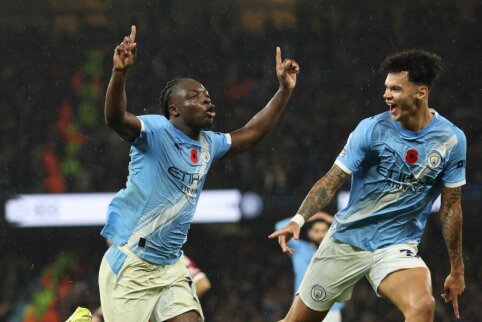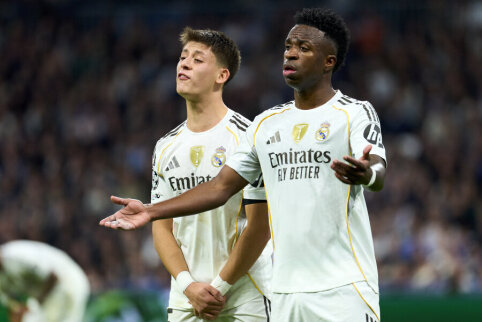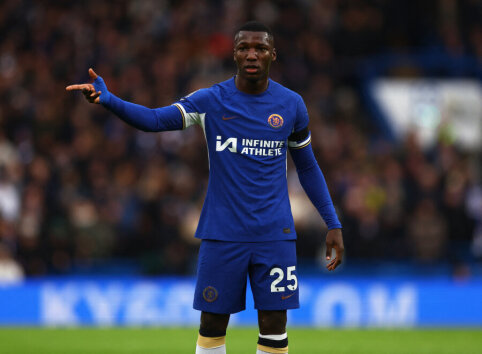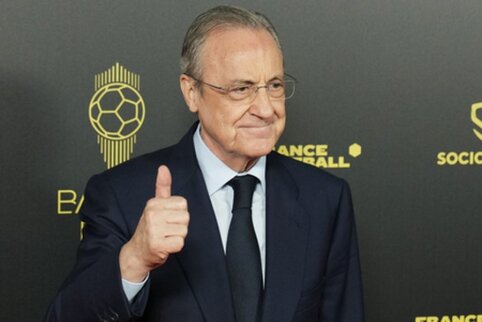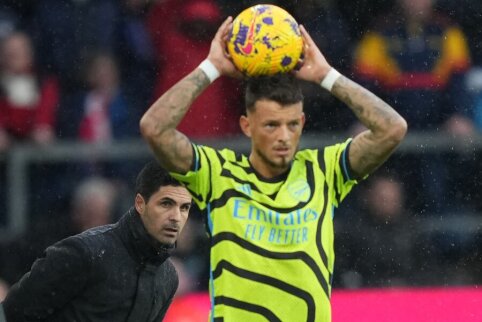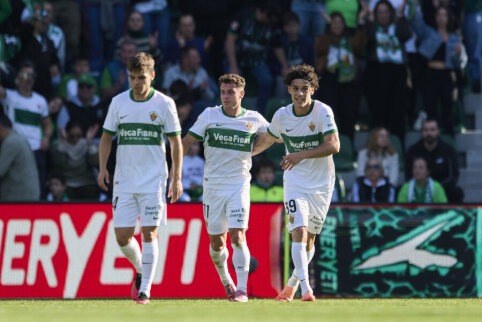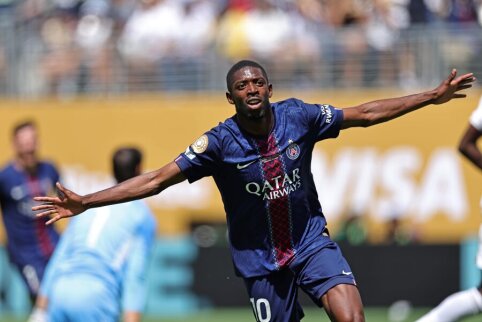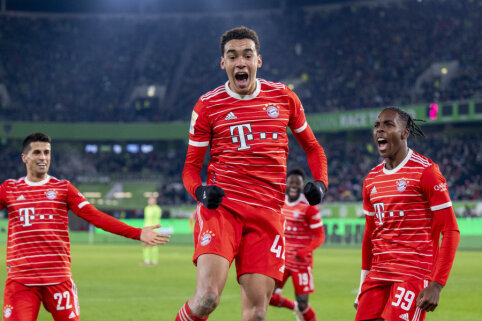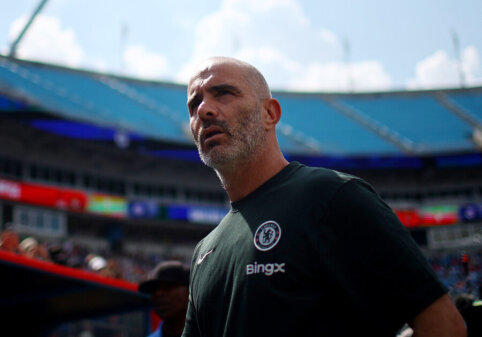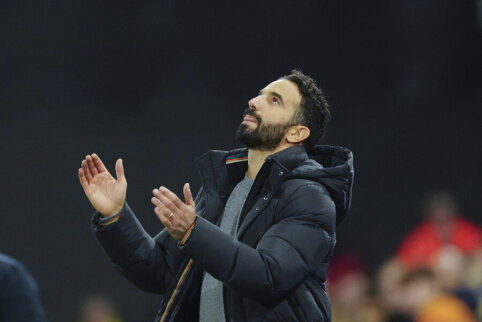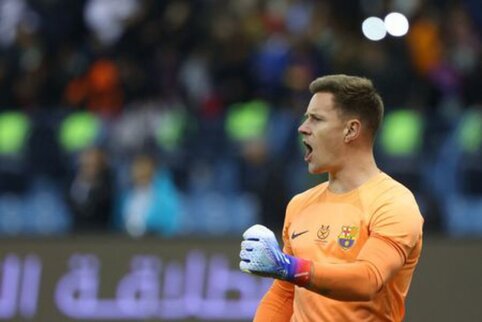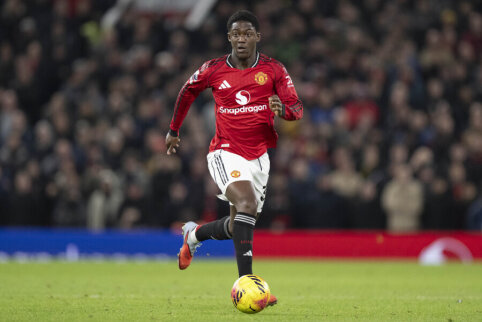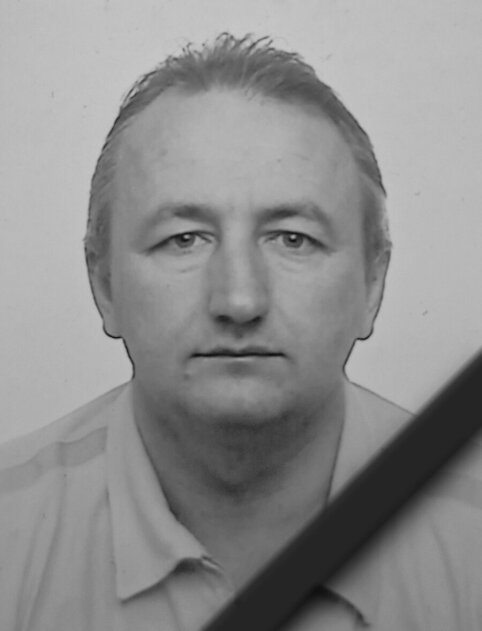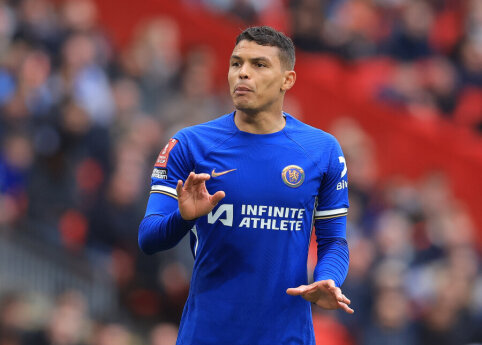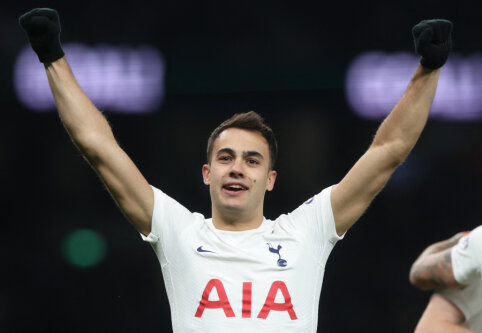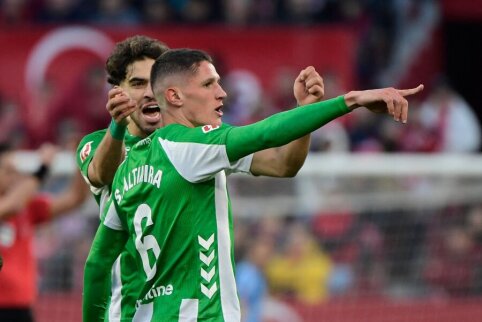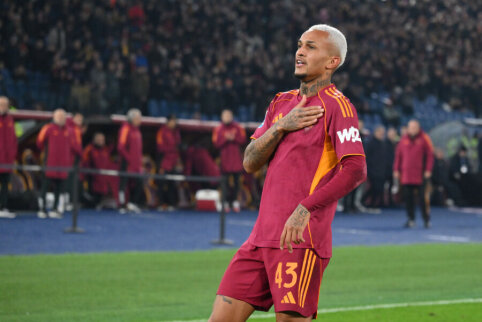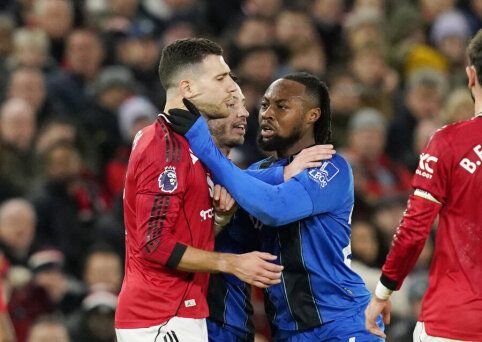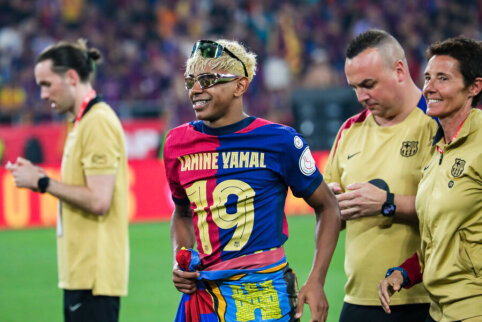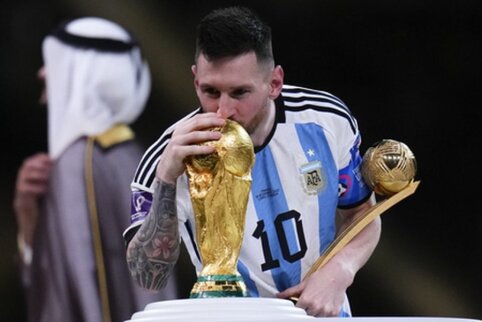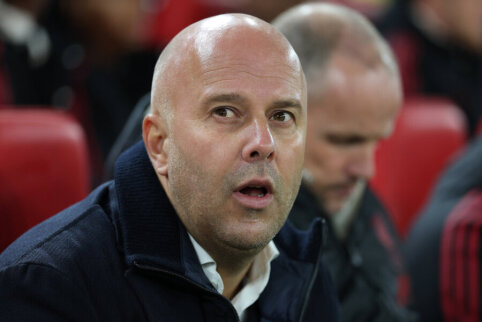 © EuroFootball.com
© EuroFootball.com
On Sunday, the 222nd "El Clasico" battle between "Barcelona" and Madrid's "Real" teams is likely to be one of the most politicized matches in recent years.
Now, as separatist ideas are louder than ever in Catalonia, and the desire to separate the country's richest region from Spain turns into a referendum, social media is flooded with calls to decorate the "Camp Nou" stands with "estelades" - traditional Catalan flags with a star in a blue or yellow triangle. These are symbols of independence supporters.
There is almost no doubt that the spectators gathered in the stands of the "Camp Nou" stadium will cheer when the arena scoreboard shows 17 minutes and 14 seconds.
It was on September 11, 1714, when the troops of Spanish king Philip V took over the capital of Catalonia, Barcelona, after 14 months of siege, and the region lost its freedoms. Catalans turned one of the saddest dates in their history into a national holiday, during which they organize mass marches and demand more autonomy and rights to govern their lands, regulate taxes, and the most ardently independence supporters openly call for complete separation from Spain.
Before this weekend's match, passions were further fueled by former "Barcelona" president and current parliament member Joan Laporta, who reminded that the desire for Catalonia's freedom is completely legitimate. According to him, more than a million people who took to the streets on September 11 of this year clearly expressed that.
The "El Clasico" match on Sunday will be watched directly by residents of 30 countries, and the overall television audience should reach at least 400 million viewers.
A total of 680 journalists, accredited to one of the most intense matches in football history, are writing not only about sports but also about politics, so it is not surprising that Catalan independence supporters will take advantage of the favorable situation to once again remind the world of their aspirations and desires.
